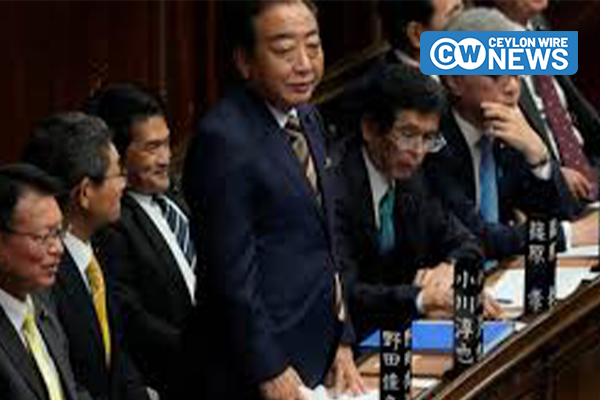Japan’s parliament reelected Prime Minister Shigeru Ishiba on Monday after his governing coalition suffered its worst election loss in over a decade. The defeat has forced the embattled leader to form his second Cabinet in just over a month since taking office.
In the October 27 election, Ishiba’s Liberal Democratic Party and its junior partner Komeito lost their majority in the 465-seat Lower House, the more influential chamber of Japan’s two-house parliament. The losses were driven by public anger over financial misconduct within Ishiba’s party and dissatisfaction with the government’s tepid response.
A special parliamentary session convened Monday to elect a new leader, as required within 30 days of a general election. Ishiba narrowly defeated top opposition leader Yoshihiko Noda 221-160 in the first runoff in three decades.
While reappointing most of his previous Cabinet members, including Foreign Minister Takeshi Iwaya, Defense Minister Gen Nakatani, and Chief Cabinet Secretary Yoshimasa Hayashi, Ishiba had to replace three ministers who lost their seats or were affected by the election results. He is expected to hold a news conference to discuss his new Cabinet and policy direction.
Despite calls for his resignation, Ishiba has vowed to remain in office and has expressed willingness to collaborate with additional coalition partners to stabilize his administration and advance his party’s agenda. However, experts predict that he will face challenges in securing opposition support for key policies, such as the budget and other legislation.
Ishiba is reportedly considering working with the Democratic Party for the People, a rising conservative opposition group led by Yuichiro Tamaki. The party’s seats quadrupled to 28 after Tamaki’s proposals to raise the basic tax-free income allowance and increase take-home wages gained traction among low-income and young voters. Tamaki, however, prefers policy-based cooperation over forming a coalition and aims to leverage his party’s influence to bolster its standing ahead of the next election.
Tamaki’s position has been complicated by a recent scandal, as he admitted to an extramarital affair exposed by a magazine article on Monday.
Ishiba’s government is also preparing for his upcoming diplomatic engagements, including the Asia-Pacific Economic Cooperation and Group of 20 summits later this month, as well as a possible meeting with President-elect Donald Trump on his return journey.









